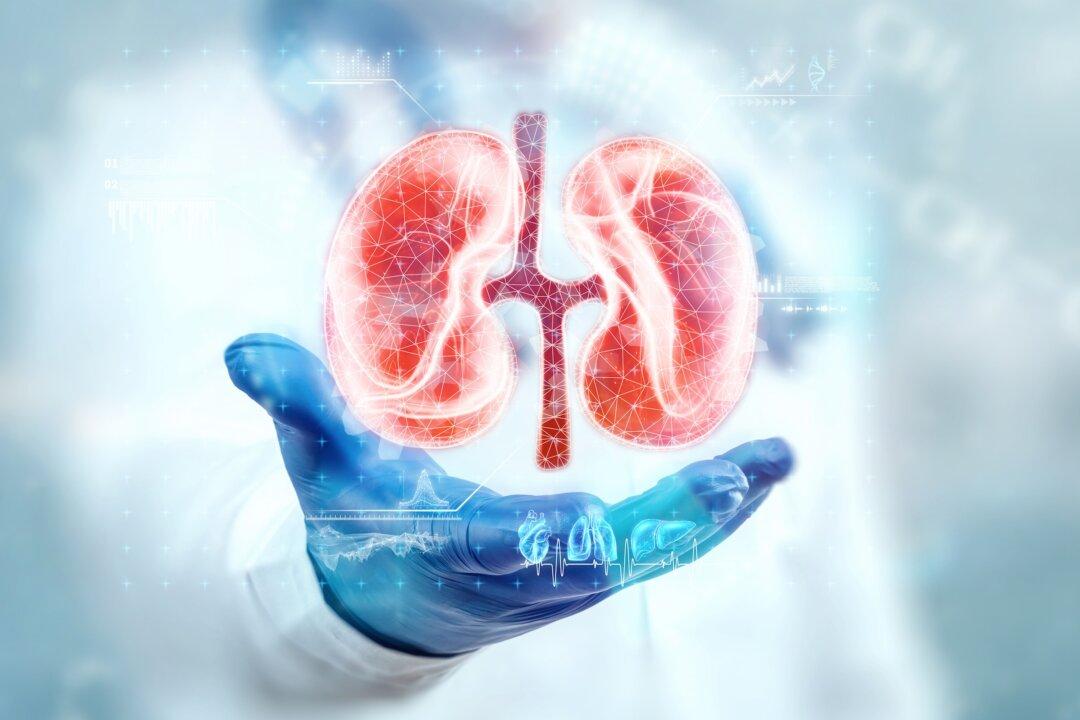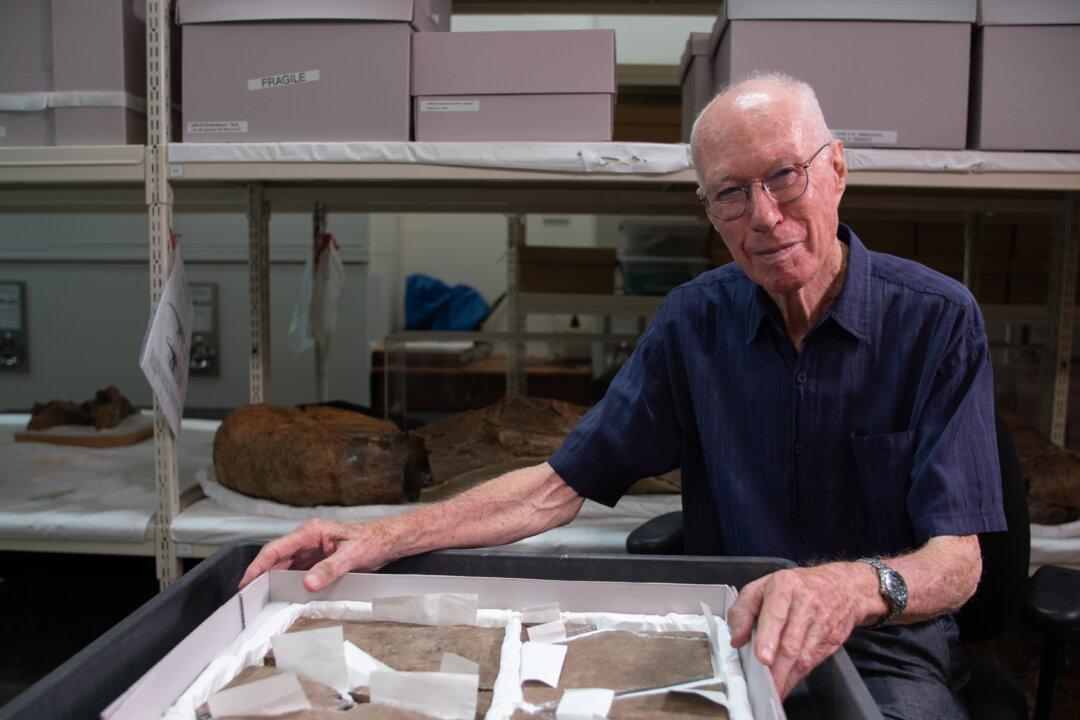A popular diabetes drug has been found to reduce the risk of kidney failure and improve heart and lung health, according to an Australian study.
The University of New South Wales study, published in The Lancet Diabetes & Endocrinology, was a meta-analysis combining the results from 11 clinical trials on diabetes and obesity drugs.




